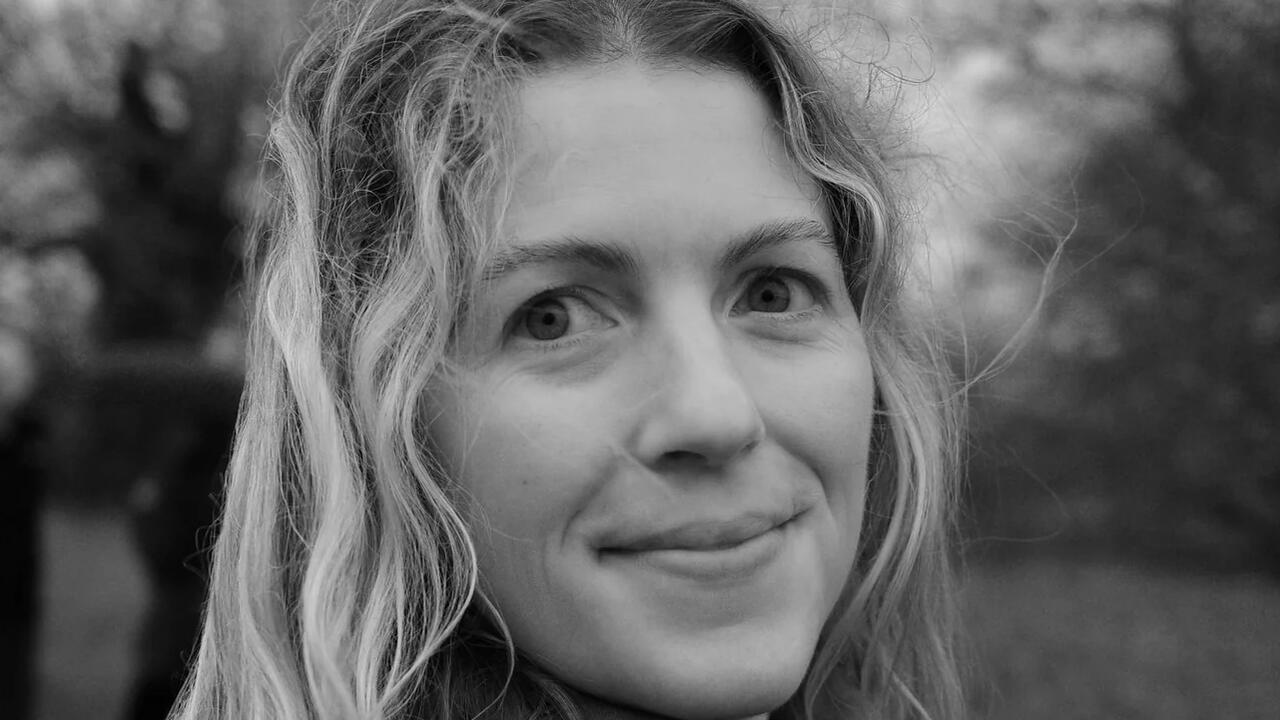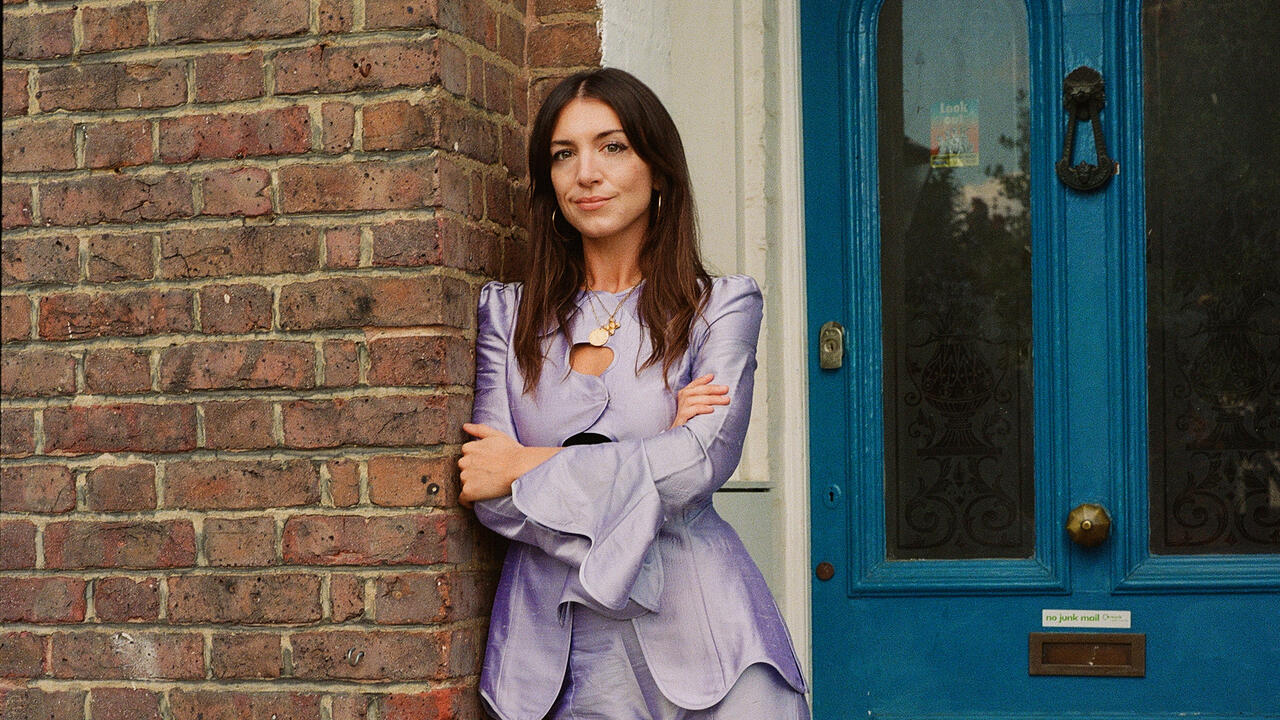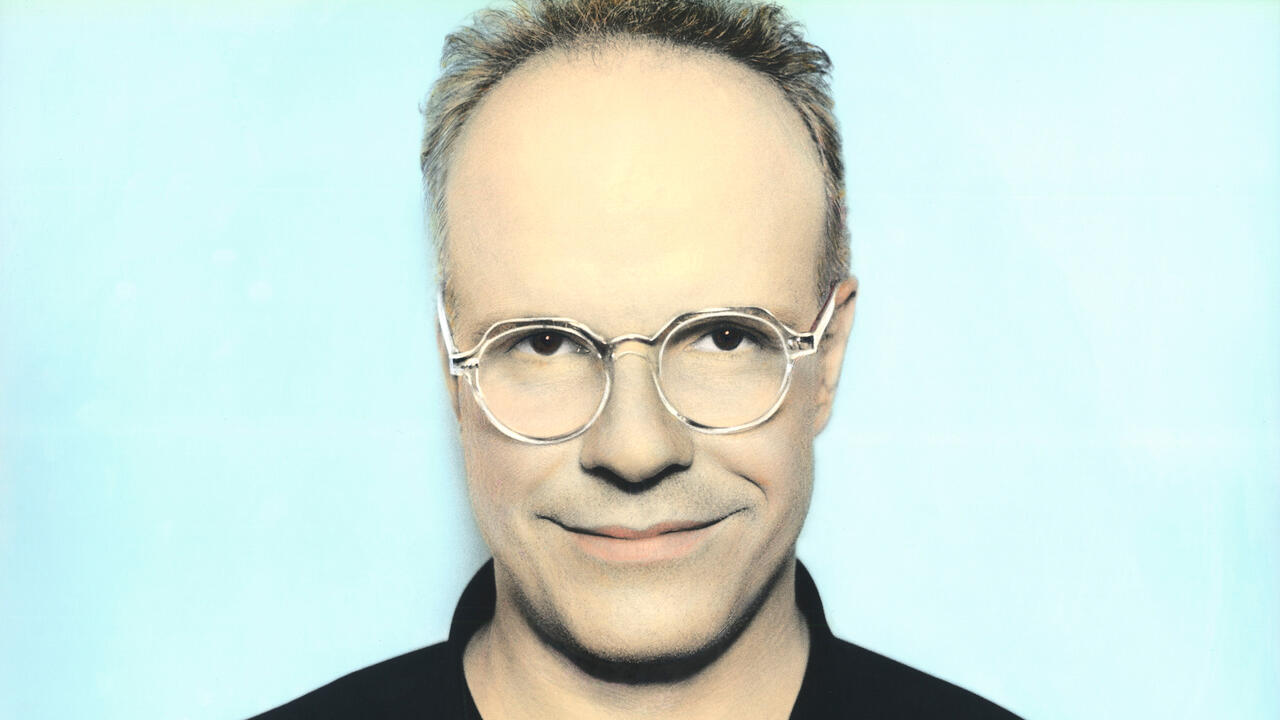The Meaning Of Sarkozy
Alain Badiou (Verso, London, 2009)
Alain Badiou (Verso, London, 2009)
‘[I]f human society is a collection of individuals pursuing their self-interest, if this is the eternal reality, then it is certain that the philosopher can and must abandon the human animal to its sad destiny.’ Such is the wager of Alain Badiou’s magnificently stirring book, a characteristically lucid polemic from a philosopher who is far from willing to abandon humanity to the vicissitudes of so-called global capitalism. I say ‘so-called’ because Badiou’s argument is that capital’s ‘unity of objects and monetary signs’ is by no means a ‘unity of living bodies’: after the Cold War, the visible wall between East and West has been replaced by an invisible but even more impermeable wall between rich and poor. Nicolas Sarkozy emerges in Badiou’s book as a figure who wants to close down once for all any alternatives to this divided world. The book treats Sarkozy as an emblem of a particular kind of reactionary politics, and identifies him with an attempt to kill off that which is officially already dead: the emancipatory project that, defiantly, Badiou still calls communism. Badiou claims that Sarkozy’s rise is the return of a kind of ‘Pétainist’ mass subjectivity first instigated by the Vichy regime’s collaboration with the Nazis in World War II; the enemy that is being acquiesced to now, though, is of course capital.
Badiou’s relentless attacks on ‘democracy’ and ‘elections’ can look cantankerously perverse, playing into the hands of those who accuse him of being an apologist for totalitarianism. But his point – sometimes lost beneath the intemperate tirades – is that it is the very opposition between the pallid spectacle of ‘capitalist parliamentarianism’ and the bogeyman of totalitarianism that has produced the narrow horizons of contemporary political reality. What has been forgotten is a whole other trajectory of popular revolt that has nothing in common either with democratic liberalism or State socialism. Sarkozy’s role is to ensure that this other trajectory stays buried.
Badiou’s great virtue as a radical philosopher has been his militant refusal to see the current triumph of capital as anything other than an ‘interval’: a time of trial rather than a permanent condition. What from the perspective of Sarkozyite managerial ‘realism’ could look like pigheaded intransigence or a naivety is for Badiou a mode of courage (a term to which The Meaning Of Sarkozy devotes a whole chapter). The task of the militant is to refuse to be swayed by the sophistries of relativism, and in 2009, the task of holding onto egalitarian principles seems far less forbidding than it has for a long time. After the bank crisis of last year, Badiou’s delicious invective against ‘the ridiculous supermen of unleashed finance, the coked-up heroes of the planetary stock exchange’ finds itself strangely in tune with a popular anger against finance capital. This discontent has not found a political outlet yet – but Badiou’s concluding, rousing call for an emboldened left to rediscover and reassert ‘the communist hypothesis’ through new kinds of thought and collective action can’t be dismissed as the pipe dreams of an old militant any more.






















